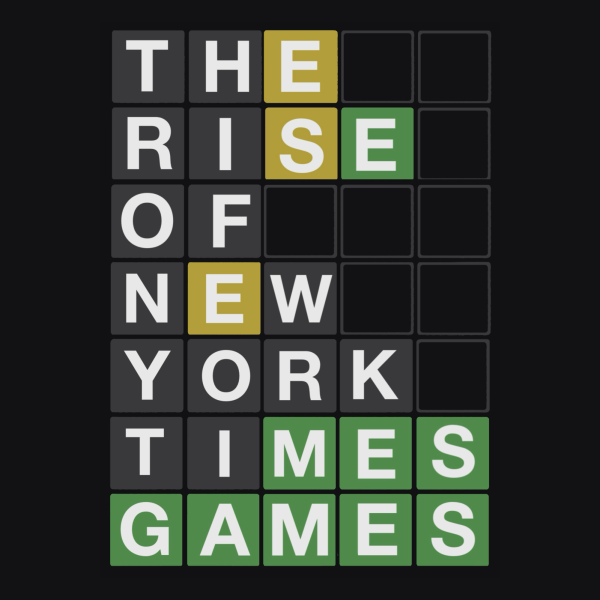The Race Toward the 2021 AP & IB Exams
April 30, 2021
With the AP and IB testing season approaching, students and teachers are rushing to cover course content and prepare for the one exam that determines if students receive the final reward of their entire year’s worth of hard work: college credit.
Peyton Crest, ‘21, will be taking nine AP exams and one IB exam in May. Her exam load includes AP Calc BC, AP Psychology, AP Physics 1, AP Physics C, AP Seminar, AP Accelerated Statistics, and IB Spanish HL. In addition, Crest is self-studying for the AP Spanish, AP Language and Composition, and AP Chemistry exams. This impressive load of AP and IB classes is certainly uncommon for a typical high school student and undeniably reflects hours of hard work and perseverance in order to excel.
With exam dates drawing ever closer, students may be wondering how to set themselves up for success. Crest provided some of her well-informed advice.
Crest said that “the best method to prepare for upcoming exams is to review the content, but with less depth than originally learned.”
Crest explained that she can “typically recall the more specific info” once she’s recalled the basics.
Additionally, taking practice exams is another helpful test-prep method, as, according to Crest, “not only do you familiarize yourself with the format, but you also can see the ways AP will cover topics in different ways, especially for calculus.”
Crest also cited “teachers, the textbook, and previous AP exams released by the CollegeBoard” as essential resources, noting that “typically, teachers know the course content better than anyone else.”
She further mentioned how “the textbook can be helpful for the more detailed information or the brief notes at the end of each chapter,” and that “past AP exams are very helpful because they can guide you towards what to study and aid in time management.”
The CollegeBoard and IB have issued new testing systems and schedules, stirring up a variety of reactions among students and educators nationwide.
The College Board has designed three testing administrations for AP exams. Minnetonka High School has decided to administer AP exams during the first 2 administrations, falling between May 3-17 and May 18-28.
As if stress and lack of social interaction in students’ daily lives has not taken enough of a toll, AP/IB exams appear to increase anxiety as testing dates approach.
Crest said that “exams undoubtedly are more stressful solely due to the lack of time we have had this year to prepare for and learn new material.”
She also confessed that she does “have moments where [she is] afraid about getting all of the content in such a short period of time.”
Despite the impact of COVID-19 on AP and IB courses throughout the nation, Crest acknowledged the positives of studying during a pandemic.
“If anything, COVID has provided me more resources, specifically for the exams I am self studying for. This is truly an advantage, especially considering the CollegeBoard is the one releasing daily videos that students can take advantage of,” Crest said.
When asked what teachers at MHS could do to better prepare students, Crest thought that “teachers could help students prepare more effectively for AP/IB exams by providing more practice exams, whether it be the multiple choice section or [free response questions] (Paper 1, Paper 2, and Paper 3 for IB classes).”
While it can be difficult to fit in an entire exam or even one section during a class period, Crest said “it allows students to ease anxiety on exam day because they know generally what to expect and prepare for.”
Crest also discerningly noted that, “for students’ mental health or for those that are perfectionists like myself, it always helps when teachers emphasize that you do not need 100% on an exam to get a top score.”
According to Jessica Ronk, an AP biology teacher at MHS, “students often just need to attain 50-60% of the points to pass the exam, and with the current pandemic, the curve may even lower that percentage.”
So, don’t fear. Although AP and IB exams are an unquestionably crucial part of many students’ high school careers, one bad score will not harm a person’s future chances at college. In the long run, the most important takeaway of college-level classes is learning and developing one’s skills.

























